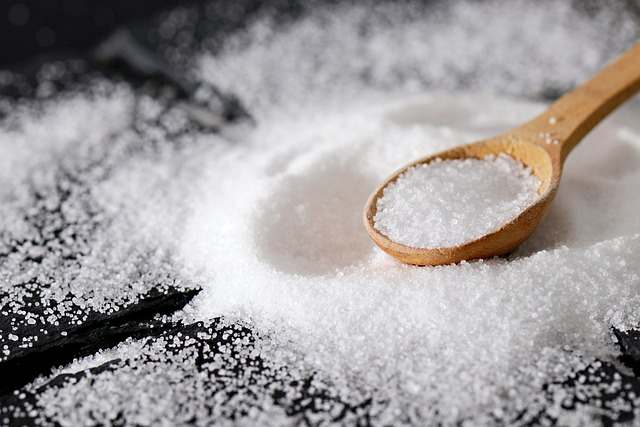Salt is a fundamental ingredient in cooking, and it adds flavor to our meals.
However, consuming too much salt can lead to a range of health problems, including high blood pressure, heart disease, and stroke.
According to the World Health Organization (WHO), most people consume twice the recommended daily intake of salt.
In this article, we will discuss the dangers of consuming too much salt and how to reduce your intake.
High Blood Pressure
The primary danger of consuming too much salt is high blood pressure.
When we consume sodium, it draws water into our bloodstream, increasing the volume of blood in our arteries.
As a result, our heart has to work harder to pump blood through our arteries, leading to high blood pressure.
High blood pressure, also known as hypertension, is a silent killer.
It can damage our blood vessels, leading to heart attacks, strokes, kidney damage, and other health problems.
According to the American Heart Association, about 46% of adults in the United States have high blood pressure.
Heart Disease
High salt intake is also linked to heart disease, which is the leading cause of death worldwide.
Eating too much salt can lead to the accumulation of plaque in our arteries, narrowing the blood vessels and increasing the risk of heart attack and stroke.
Stroke
Consuming too much salt can also increase the risk of stroke, which is the second leading cause of death worldwide.
When we have high blood pressure, it can damage the blood vessels in our brain, leading to a stroke.
Kidney Disease
High salt intake can also damage our kidneys, which play a crucial role in filtering waste and excess fluids from our blood.
Consuming too much salt can lead to high blood pressure, which can damage our kidney’s blood vessels and decrease their ability to filter our blood.
How to Reduce Your Salt Intake
Reducing your salt intake is essential for your health. Here are some tips on how to do it:
- Read food labels: Many processed foods are high in salt, so it’s essential to read the labels and choose low-sodium options.
- Cook from scratch: Cooking from scratch allows you to control the amount of salt in your meals.
- Use spices and herbs: Using spices and herbs in your cooking can add flavor without adding salt.
- Avoid adding salt to your meals: Avoid adding salt to your meals, and use alternatives like lemon juice, vinegar, or pepper.
- Choose low-salt options: Choose low-salt options when eating out, and ask for your meal to be prepared without added salt.
Conclusion
Consuming too much salt can lead to a range of health problems, including high blood pressure, heart disease, stroke, and kidney disease.
It’s essential to reduce your salt intake by reading food labels, cooking from scratch, using spices and herbs, avoiding adding salt to your meals, and choosing low-salt options.
By reducing your salt intake, you can improve your health and reduce the risk of developing serious health problems.
51 , 3 T







